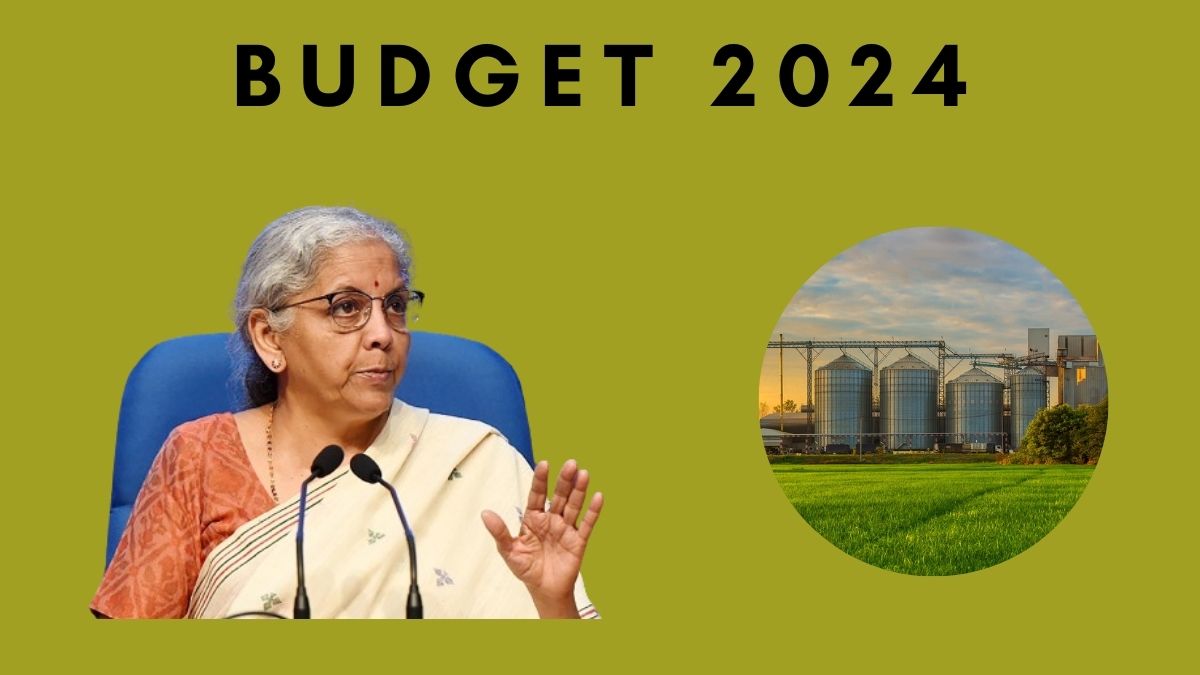Finance Minister Nirmala Sitharaman is set to present the first budget of the Modi 3.0 government on July 23. Industry players are hopeful for proposals that will boost the rural economy and fund agri-infrastructure development.
The government has set a capital expenditure target of Rs 11.1 lakh crore in the Interim Budget Estimate (IBE). Ashish Modani, Senior Vice President at Icra, noted that despite an embedded growth target of 17.1% for FY2025, the government’s capital expenditure declined by 14.4% year-over-year in April-May FY25. “Typically, capex numbers are low during monsoon months, suggesting a sharp increase is needed in the second half of FY2025 to meet the IBE. Therefore, the government is likely to retain its capital expenditure target of Rs 11.1 trillion for FY2025,” Modani said.
Industry analysts are calling for various measures in the budget. They urged for the removal or reduction of the health cess on imported medical devices. They emphasized the importance of education, health, and skill development for India’s goal of becoming a USD 5 trillion economy. Highlighting the need for a strong tech infrastructure to create jobs in AI, cybersecurity, and big data, they expect more incentives for technology, including AI and IoT, in the upcoming budget.
Analysts suggested raising the tax deduction limit for interest payment on home loans from Rs 2 lakh to Rs 5 lakh per year to boost housing demand. They expect progressive reforms to meet the rising demand for residential and commercial spaces, emphasizing the need for tax breaks for affordable housing projects and a revival of the Credit-Linked Subsidy Scheme.
The FMCG industry’s growth, especially in rural areas, was highlighted, with expectations for measures to boost rural jobs and agricultural infrastructure, alongside improvements in roads and connectivity. Analysts stressed the importance of infrastructure development in metros, suburbs, tier II cities, and holiday destinations to drive real estate demand. They called for better regulations and incentives for co-ownership and fractional ownership models.
Proposals also included increasing the tax exemption limit on health insurance premiums to Rs 75,000, offering tax deductions for home insurance premiums under Section 80C, and providing tax incentives for cyber insurance for SMEs to enhance cybersecurity


